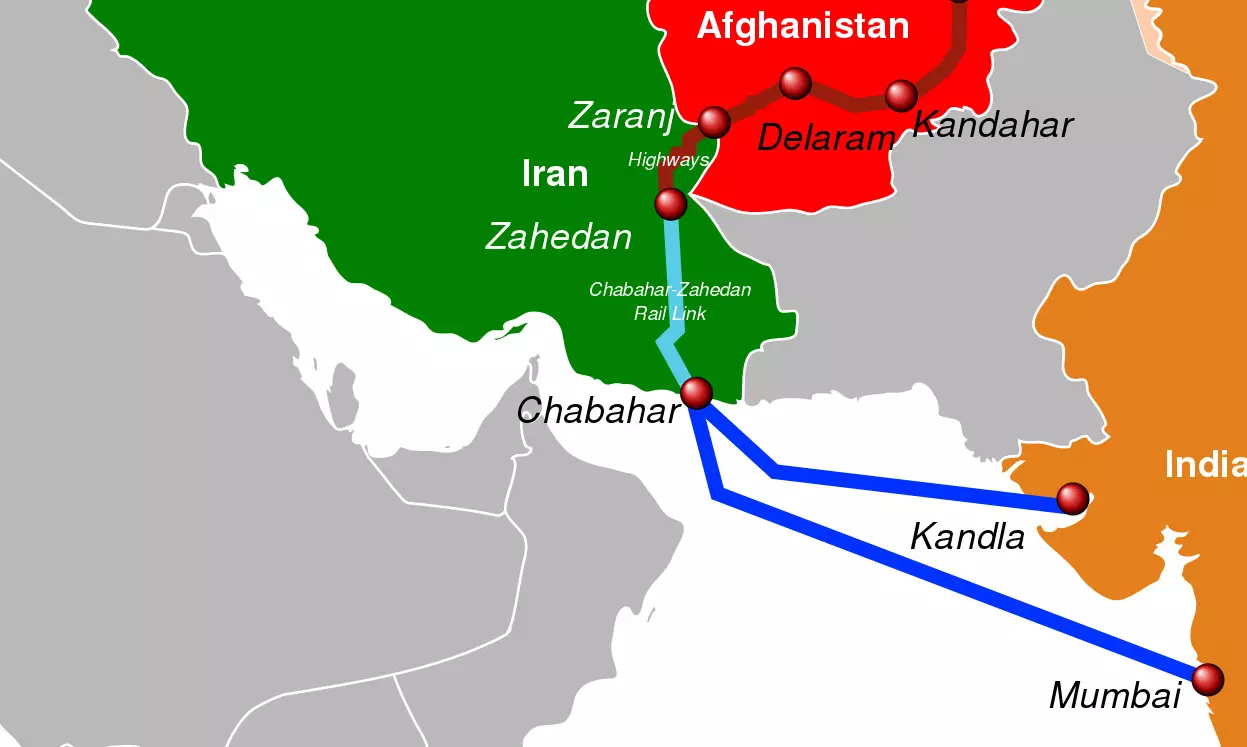Navigating the complexities

The recent warning from the United States regarding potential sanctions related to India's involvement in the Chabahar Port deal presents a significant geopolitical challenge. The Chabahar Port, a strategic development project in Iran, has long been a cornerstone of India's regional connectivity ambitions. It is designed to provide an alternative route for trade with Afghanistan and Central Asia, bypassing Pakistan. However, the US' evolving stance on Iran, particularly under the ambit of its broader sanctions regime, complicates this strategic endeavour.
The Chabahar Port project holds immense potential for India, not only in terms of economic benefits but also in strengthening regional stability. The port is a crucial element of India's "Connect Central Asia" policy, aiming to enhance trade, investment, and transport links with Central Asian countries. Additionally, it serves as a counterbalance to China's expanding influence in the region, particularly through the Gwadar Port in Pakistan.
However, the US' stance on Iran remains a significant hurdle. The Trump administration granted a sanctions waiver for the Chabahar project, recognizing its importance for Afghanistan's development and stability. Yet, the Biden administration's position has been less clear, reflecting the complex dynamics of US-Iran relations and the ongoing negotiations over the Iran nuclear deal. The recent warning signals a potential shift, one that could have profound implications for India's foreign policy and strategic interests.
India finds itself in a delicate position. On one hand, it values its strategic partnership with the United States, which has been deepening across various dimensions, including defence, trade, and counter-terrorism. On the other hand, India's long-standing relationship with Iran, based on energy security and regional stability, cannot be easily sidelined. The Chabahar Port is a testament to this multifaceted relationship.
In navigating this complex scenario, India must employ a nuanced diplomatic approach. Engaging in high-level dialogues with the US to underscore the strategic importance of Chabahar, not just for India, but for the stability of Afghanistan and the broader region, is imperative. Highlighting the port's role in humanitarian efforts, such as facilitating aid to Afghanistan, can also bolster India's position.
Simultaneously, India must continue to strengthen its ties with Iran, ensuring that the Chabahar project progresses despite external pressures. This could involve exploring alternative financing mechanisms or engaging with other international partners to dilute the impact of potential US sanctions.
Moreover, India's strategic autonomy must be preserved. The country should not be coerced into choosing sides in the geopolitical contest between the US and Iran. Instead, India's foreign policy should reflect its core interests, maintaining a balance between competing powers while safeguarding its regional ambitions.
The US sanction warning on the Chabahar Port deal is a reminder of the intricate web of global geopolitics. For India, it is both a challenge and an opportunity. By adeptly navigating this complex landscape, India can reinforce its position as a pivotal player in regional and global affairs, ensuring that its strategic initiatives, like the Chabahar Port, continue to drive its vision for connectivity, stability, and prosperity in the region.



